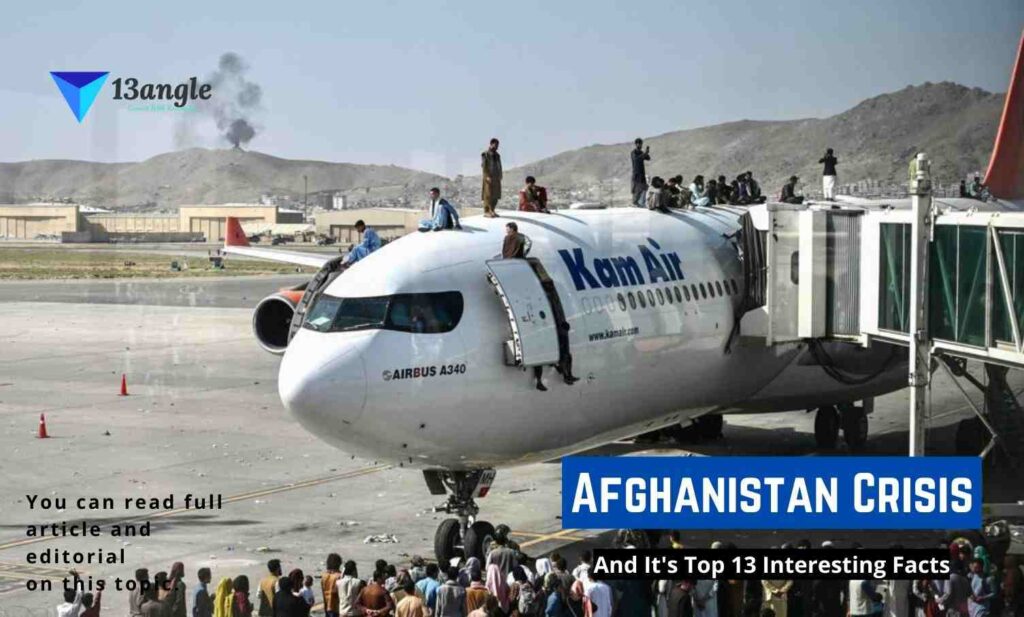The Taliban have repeatedly expressed the expectation that the international community will recognize their authority as the new government of Afghanistan and have taken several procedural steps to pursue recognition. But the group has done very little to demonstrate a willingness to meet the conditions put forward by Western powers and some regional states.
Much of the Taliban’s overtures to seek or establish international recognition seem to be driven by the group’s pressing economic needs, their desire to see funds unfrozen, and various forms of assistance delivered.
- Advertisement -
As part of their announcement of senior figures to formal government posts, the Taliban nominated Suhail Shaheen, a longtime member of and former spokesperson for the group’s political office in Qatar, to serve as ambassador to the United Nations. In press statements, they have repeatedly encouraged foreign embassies to return to Kabul, including the United States and European states. And the group has maintained a steady tempo of high-level diplomacy with neighboring and regional states, including Russia, China and even India.
The Taliban have repeatedly revealed a clear prioritization of maintaining their own internal cohesion and demonstrating their authority domestically. Even though the US State Department is issuing positive statements about the Taliban, it is hard for the US to recognize the Taliban as Afghanistan’s lawful government. The reasons are evident and understandable. First, the Taliban have defeated the US military in a protracted war stretching over twenty years (2001-2021). The hurt in the Pentagon, federal intelligence agencies, and political circles need time for healing, and any demand for swift recognition seems hurried. Second, the war narrative against the Taliban painted over the decades by think tanks, popular media, and even academic papers present the Taliban as terrorists with little regard for life, religious tolerance, personal autonomy, and women’s rights. Third, there is a shared perception that the Taliban are incompetent to run Afghanistan as a modern state that can effectively participate in a sophisticated international legal and economic order.
Furthermore, there is a legal question of whether the Taliban government meets the minimum international standards for the recognition of governments.
- Advertisement -






